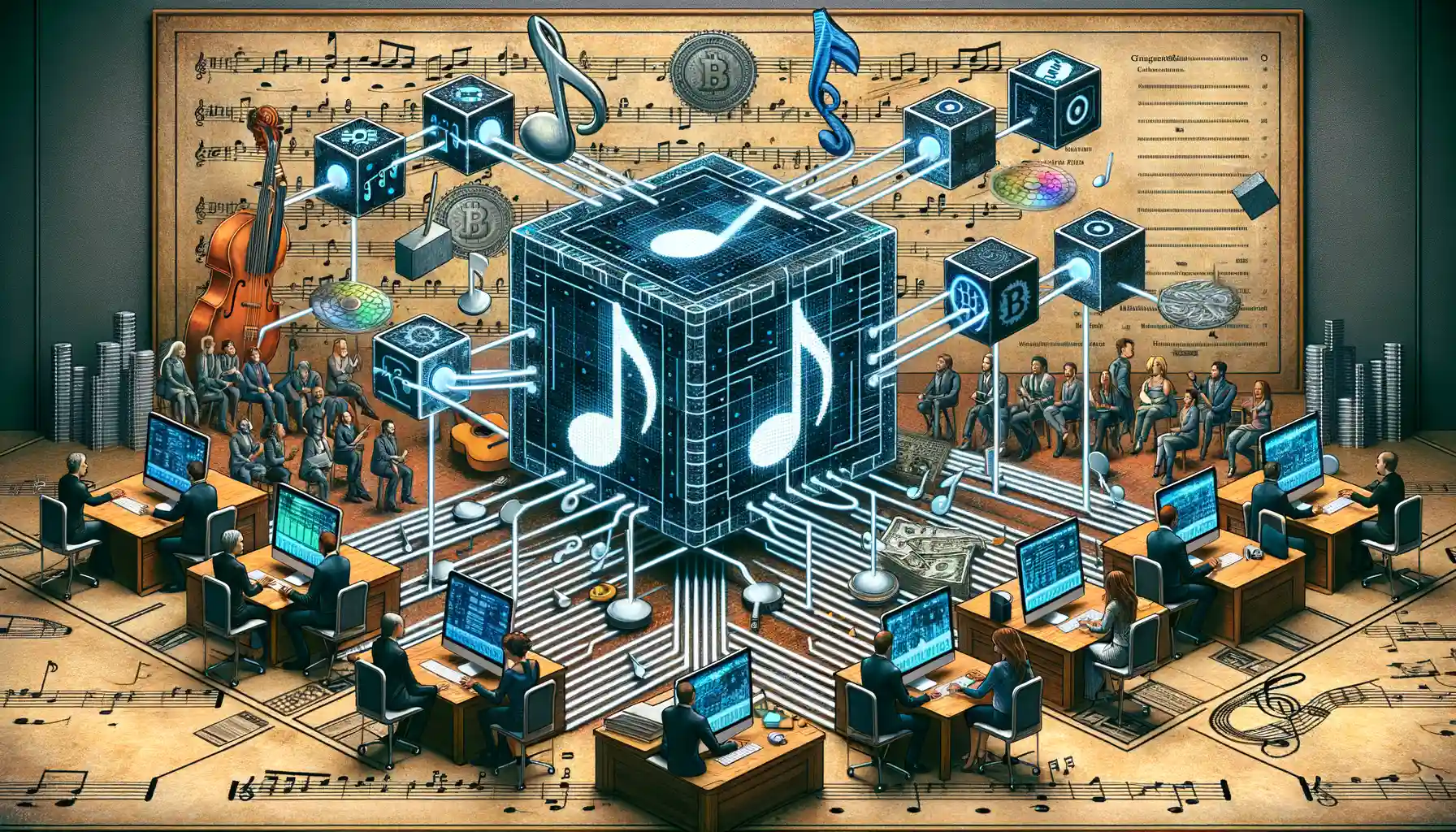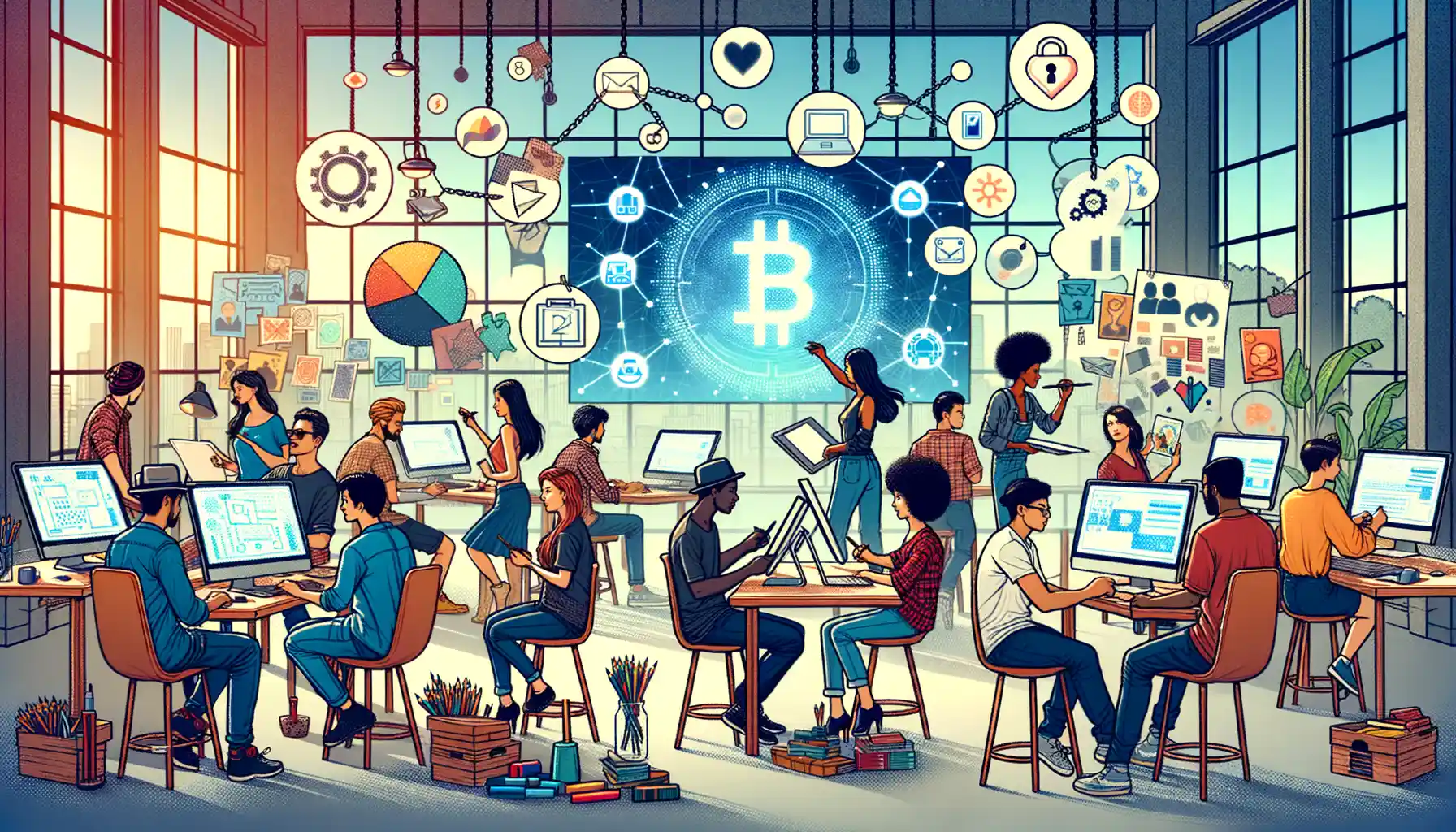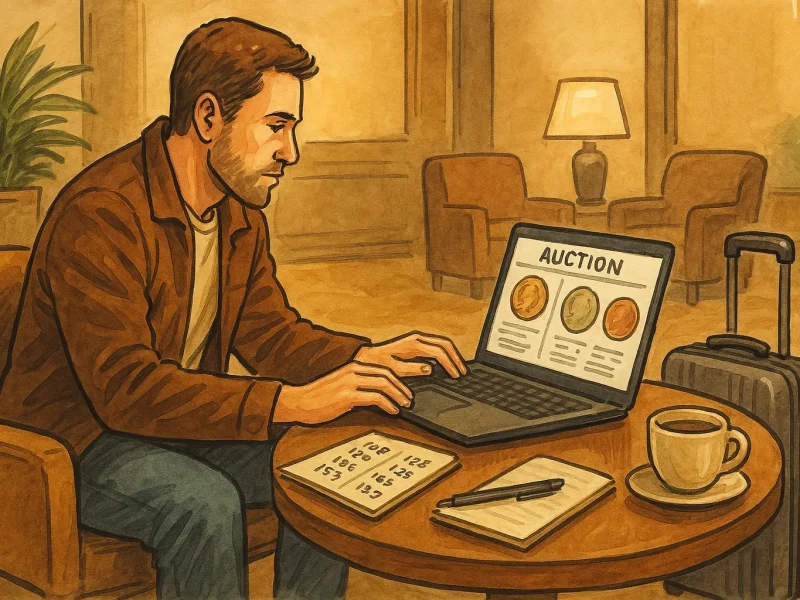Understanding the Challenges in Music Copyright Protection
Why Music Copyright Feels Like Fighting Shadows
Picture this: you’ve poured your soul into a song, crafted every lyric, and shaped it into a melody that resonates. But what happens when that masterpiece starts slipping through the cracks of copyright protection? The music industry’s copyright struggles are more than frustrating—they’re deeply personal.
The rise of digital platforms means songs can travel faster than ever before, but they’re often stripped of proper accreditation, opening doors to misuse and theft. And then there’s the legal maze—a labyrinth of outdated systems that leave creators tangled in disputes instead of nurturing their craft.
It feels like shouting into the void, doesn’t it? The system was designed for vinyl records, not the digital wild west we live in today.
Artists and producers, battling for recognition and fair compensation, often find themselves mired in endless paper trails. And for independent musicians? It’s even harder to keep ownership locked down. It’s not just a financial issue—it’s about protecting the heart of your craft.
How Blockchain Technology Works in Addressing These Challenges

Breaking Down Complexities with a Transparent Ledger
Imagine a world where every note you create, every lyric you pen, and every beat you compose is forever stamped with your digital signature. That’s the power of blockchain technology. At its core, blockchain is a decentralized and tamper-proof ledger—think of it as an unbreakable chain of trust where every transaction or ownership claim is recorded for all to see.
This magic happens through “blocks” of information that are linked together. Each block tells the story of a music piece: who owns it, who used it, and what royalties are owed. And here’s the kicker—once recorded, this data can’t be altered, giving creators ironclad proof of their rights. No more mysterious copyright black holes!
Applications of Blockchain in Music Industry Rights Management

Revolutionizing Royalty Tracking with Blockchain
Imagine a world where every beat, melody, and lyric is meticulously tracked. Through the power of blockchain technology, this dream isn’t just a fantasy—it’s happening. At its core, blockchain acts like a digital ledger, recording music rights and royalty splits in a tamper-proof, transparent way. No more messy spreadsheets, endless emails, or waiting months to get paid. Artists, producers, and songwriters, your royalties are about to run smoother than your favorite vinyl record.
How does it work? Say a song is uploaded to a blockchain-based platform. Instantly, copyright ownership details are recorded forever—immutable and accessible. When that track gets streamed or downloaded, the system tracks every play and ensures revenue distribution happens automatically. Every cent owed finds its rightful owner without middlemen skimming off the top. It’s fair, it’s fast, and it puts creators back in control.
Practical Uses That Are Changing the Game
- Smart contracts: Automatically pay collaborators when milestones (like streams or sales) are reached.
- Global licensing clarity: Simplify international usage by housing all permissions in one blockchain system.
- Piracy defense: By linking every song to an unchangeable digital ID, unauthorized use stands out like a sore thumb.
Picture this: Blockchain isn’t just changing the rules—it’s rewriting the entire playbook for how creators protect their art and thrive financially. It’s not the future; it’s the now.
Benefits of Using Blockchain for Artists and Content Creators

Revolutionizing Creative Control
Imagine a world where your creative work is no longer tangled in a web of middlemen and red tape. That’s what blockchain does for you as an artist or content creator—it puts the power back in your hands. With this technology, you can establish undeniable ownership of your masterpieces through immutable records stored on a decentralized network. No more relying on email timestamps or vague contracts to prove your rights!
What’s more, blockchain systems allow you to monetize your art in fresh and exciting ways. Through smart contracts, you get paid automatically when someone buys your song, streams your track, or uses your artwork. No delays. No hidden fees. Just seamless and direct transactions, like a dream come true.
- Transparency: See exactly when and how your work is being used.
- Fair royalties: Get your rightful share instantly without a middleman taking a hefty cut.
- Global reach: Sell directly to fans across borders using cryptocurrencies.
With all this control, you’re not just creating—you’re building an empire entirely owned by you. What could be more empowering than that?
Forging Direct Connections with Fans
Blockchain isn’t just about protecting your rights; it’s about deepening relationships. Picture selling a limited-edition NFT of your new album to your biggest fans—each one gets a personalized thank-you note encoded directly into their purchase. It’s not just a transaction; it’s an experience.
Even crowdfunding takes on a new shine with blockchain. Fans can invest in your projects through tokenized platforms and reap benefits alongside you—like sharing profits or gaining VIP access to your creations. The beauty here is simple: you’re cutting out the noise and standing face-to-face with your audience.
Your art deserves this level of respect, don’t you think? Blockchain ensures it gets just that.
Future Implications and Trends of Blockchain in Music Copyright

The Symphony of Blockchain: Where It Could Lead Music Copyright
Picture this: a world where artists hold the conductor’s baton, orchestrating their works with unparalleled control. That’s the potential of blockchain in music copyright. As the technology matures, it’s not just a tool—it’s a revolution waiting to crescendo.
One intriguing trend? The rise of smart contracts. Imagine an artist releasing a song and every stream, purchase, or remix instantly triggers automatic royalty payments. No middlemen, no delays. It’s as seamless as pressing play. This could completely upend traditional publishing models, giving independent creators the financial spotlight they deserve.
And then there’s the idea of decentralized music libraries—think of them as digital treasure chests. Fans might directly purchase NFTs tied to a track’s rights, essentially owning a piece of an artist’s legacy. Here’s how it changes the game for listeners too:
- Fans become stakeholders in an artist’s success.
- Creators bypass corporate red tape to fund their next masterpiece.
The road ahead is thrilling, but not without its twists. Emerging privacy concerns and legal gray zones could slow adoption. Still, one thing’s clear: blockchain is laying down a revolutionary beat—and the future of music copyright is dancing to it.

